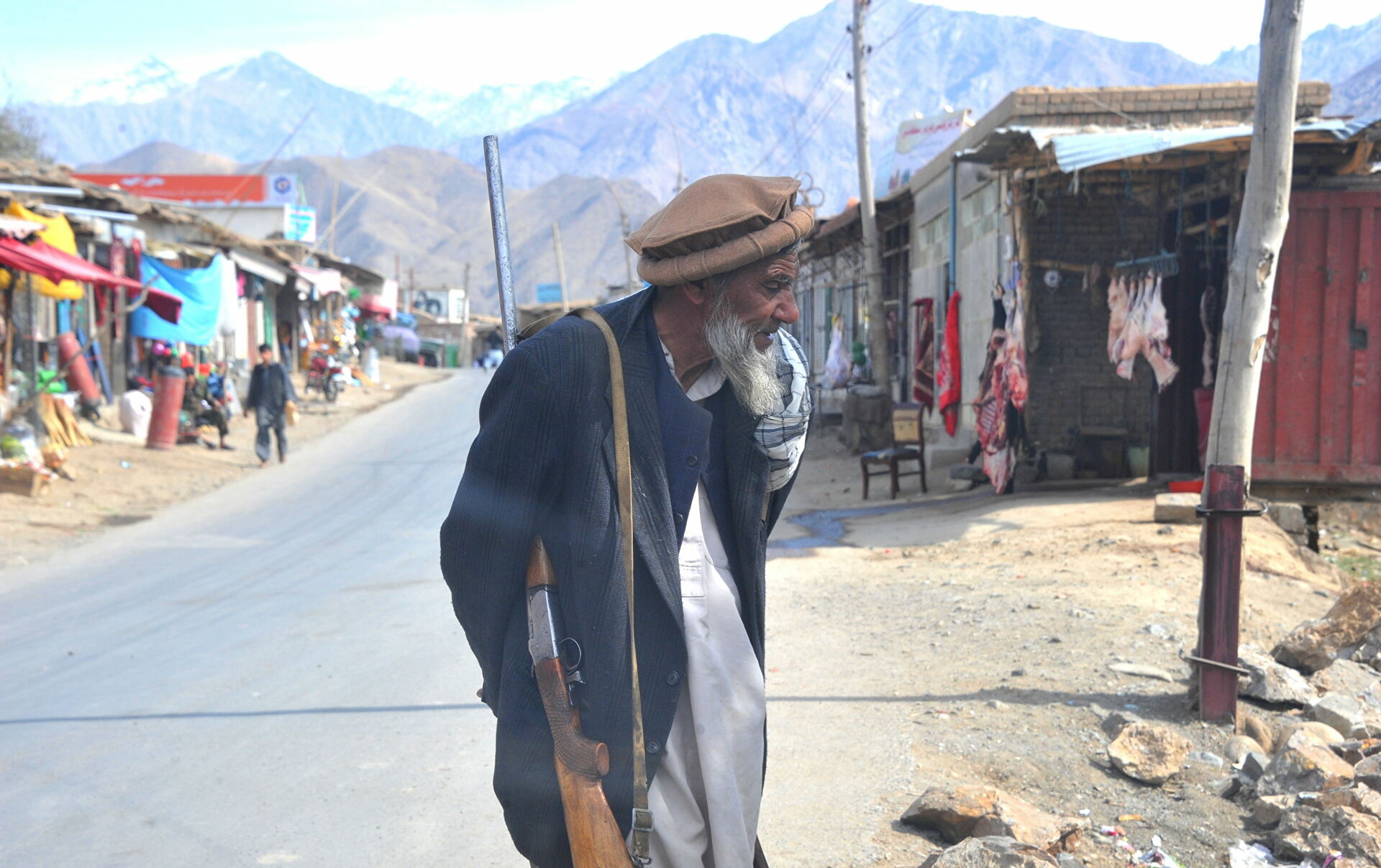
Stanislav Ivanov
leading researcher at the Center for International
Security of the IMEMO RAS, Candidate of Historical Sciences
Russia and the five former Soviet republics of Central Asia are following with great attention and concern the fateful events for Afghanistan and the region. The hasty withdrawal of US and NATO troops from this country, the flight of President Ashraf Ghani with his immediate entourage, the refusal of the army and law enforcement agencies to protect the former regime, and finally the rapid seizure of power by the Taliban (a terrorist organization banned in the Russian Federation) – all this remains in the focus of attention of politicians and the media.
The events taking place in Afghanistan, their possible consequences and threats to regional and international security are assessed differently in the world. Some experts believe that without a foreign military presence, the multinational Afghan people finally had the opportunity to decide on the future state structure and system of power. They say that the Afghans themselves will figure out how to live better in their homeland.
It is expected that the Taliban have taken into account the mistakes and shortcomings of their stay in power in 1996-2001 and will try to rule more civilly, establish interaction with all regional elites, create an inclusive government, avoid unjustified medieval atrocities and repressions against supporters of the former regime, etc. Allegedly, such a moderate domestic policy will contribute to the international recognition of the new government and the imminent exclusion of the DT from the lists of terrorist organizations.
Others believe that the Taliban are unlikely to be able to fully adhere to the commitments and promises made in Doha, in particular, to prevent the activities of Al-Qaeda, the Islamic State (both are banned in the Russian Federation) and similar terrorist groups in the country. After all, along with the moderate Taliban, radical elements remain in their ranks, who regard the agreement with the United States as a betrayal and call on their co-religionists to continue jihad. There are rumors in the media about the increased threat of the expansion of terrorism and a new flow of drugs from the Afghan direction.
Obviously, it will take some time to make sure that certain assumptions are correct. So far, we can only state that the Taliban have started forming a new government and other central authorities, are introducing sharia law and their own rules of conduct, and are trying to solve the problem of the remaining hotbed of resistance in the Panjshir Gorge by force. Allegedly, the Taliban state will be called the “Islamic Emirate of Afghanistan”.
It seems that the fears of experts in connection with the coming to power of the Taliban in Kabul are not groundless. Even if we assume that the Taliban will be able to fulfill most of their promises in Doha and will eventually receive international recognition, like the Islamist government in Iran, all the neighboring Central Asian countries will still face new problems for themselves.
First, the radical Taliban and related Islamist groups such as the Islamic State of Khorasan, the Islamic Movement of Uzbekistan (both are banned in the Russian Federation), not to mention the IG or Al-Qaeda, will somehow strive for ideological and direct expansion into the countries of Central Asia. The Taliban can simply oust these groups from the country as competitors and opponents in the struggle for power. The issue of the reunification of peoples separated by the borders of states may also be on the agenda; Thousands of Tajik and Uzbek refugees from Afghanistan have already found temporary shelter in Tajikistan and Uzbekistan.
Secondly, the Taliban who came to power have gained access to state media, the Internet and will in every possible way promote their way of life and ideology in neighboring countries. The ideological vacuum formed after the collapse of the USSR, the demographic growth rates in the Central Asian countries that are outpacing the development of economies, unemployment, the growing stratification of societies, the poverty of the poorest strata, the high level of corruption, social injustice – all this can become a breeding ground for the radicalization of Muslim communities in the region. The possible success of the Taliban in building a new Muslim society based on Islamic justice can become detonators for social protests and political crises in the countries of Central Asia.
It can be assumed that Pakistan can become the main sponsor and ally of the “Emirate of Afghanistan”, the Taliban’s ties with other Muslim countries of the Sunni trend of Islam will also strengthen: Qatar, the United Arab Emirates, Saudi Arabia, Turkey. As a result, the influence of these states in the Central Asian region may significantly increase. In this case, the process of Islamization of the region may accelerate and representatives of Muslim communities or parties will come to power in a number of Central Asian countries.
The weakest link among the Central Asian states may be Turkmenistan, whose authorities have unsuccessfully tried to make their country neutral like Switzerland and rich like Kuwait or Qatar. Neither of them succeeded, and with the Taliban coming to power in Afghanistan, Ashgabat felt a direct threat to its totalitarian regime.

Location: 103 Kurortniy Prospekt, Sochi, Russia. The Radisson Lazurnaya Hotel
There must be time
Here are the terms of participation
Comments
0